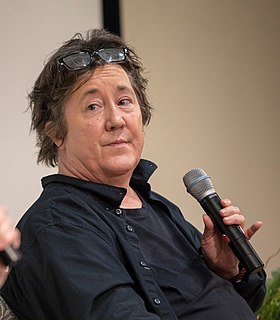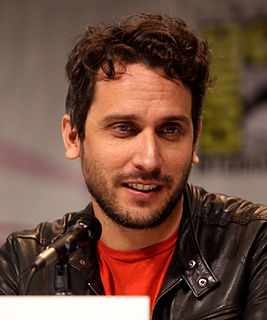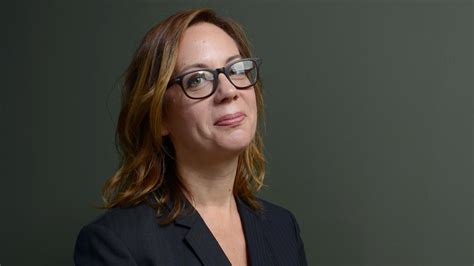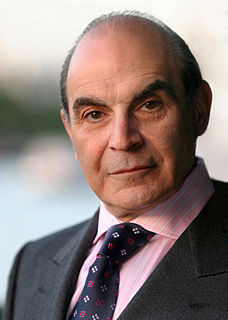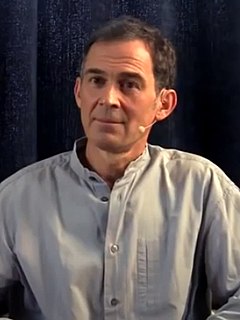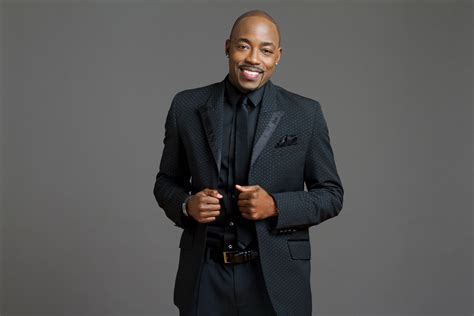A Quote by Christine Vachon
Theatrically seeing a movie with a group of people and having a collective experience has an authenticity that you can't get with your big screen television.
Quote Topics
Related Quotes
If the picture is not an artistic picture, it's show, like television. Television series are very funny, but it's a collective production. An industrial art. A car is not made by a person, it's made by a group of creators, only to go to the market to buy your cigarettes. That is a car - they are not a big art, they are a little art.
I love seeing my characters big up there and I would have liked to have reached a different public in movies from my television public. There's still a part of me that wishes that my character range could be seen on the big screen. Rather, as Rod Steiger was, because he was a big influence on me - about becoming other people and not worrying about your own glory or self esteem but sacrificing yourself to become somebody else.
When you see a struggle that you may be having personally put on a big screen and in a roomful of people, then it makes you feel less crazy or alone, because you're seeing that other people are dealing with it too. You get to see in this imaginary scenario how people might try and answer some questions or deal with some problems.
